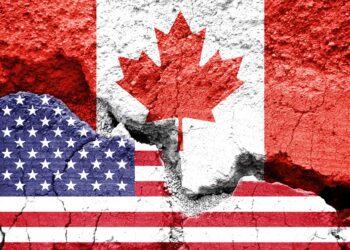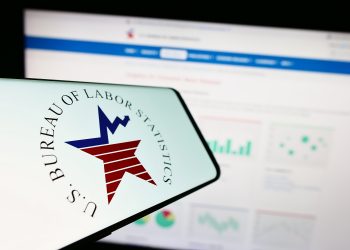Best books of 2024 in Business, Economics, and Technology:
The Afterlife of Data. By Carl Ohman.
People generate unfathomable quantities of data. What happens to that data when they die? The philosophical concerns of this compelling book linger in the mind.
The Art of Uncertainty. By David Spiegelhalter.
An invaluable guide to thinking about uncertainty, from a master of the craft. Using simple algebra to illuminate broad ideas, this book has the sort of elegance that makes mathematicians enjoy maths.
Co-Intelligence. By Ethan Mollick.
How do you get the most from ai? The technology is an “alien intelligence” that can augment humans’ own—but people need to raise their game.
Dark Wire. By Joseph Cox.
A vivid account of the largest law-enforcement sting operation ever. The author spent years getting to know the players, many of them unsavoury international gangsters.
How Economics Explains the World. By Andrew Leigh.
In fewer than 200 pages, the author canters through the history of human progress, pausing to explain the economic forces that drove it forward.
Money. By David McWilliams.
A whistle-stop historical tour, with money as the central character. The author is a former central banker, but do not be put off—this is no dry tome.
Playing with Reality. By Kelly Clancy.
A wide-ranging survey of how games shape reality. By turns philosophical and polemical, this is a provocative and fascinating book.
The Power and the Money. By Tevi Troy.
What better time to produce a cautionary tale about the relationship between bosses and American presidents? The lesson is: it’s ok to be the president’s golf buddy—just don’t beat him.
Slow Productivity. By Cal Newport.
In this diatribe against “pseudo-productivity”, a sage of the post-pandemic workplace offers practical advice on how to “protect” your time.
The Whole Story. By John Mackey.
The co-founder of Whole Foods Market tells a story of self-discovery and entrepreneurial chutzpah that changed the way well-heeled Americans approach healthy eating.
Read the full list here / Courtesy of The Economist












